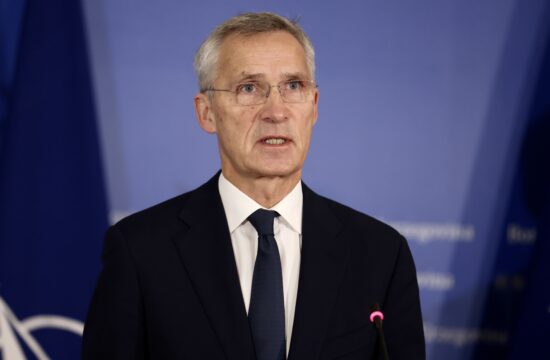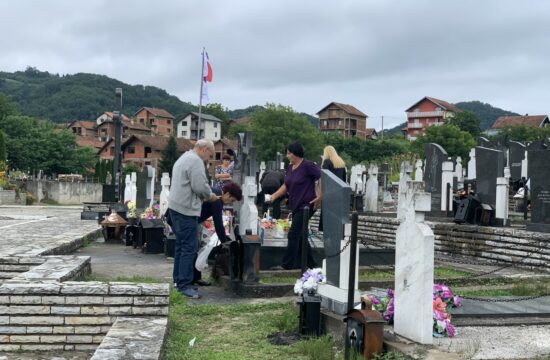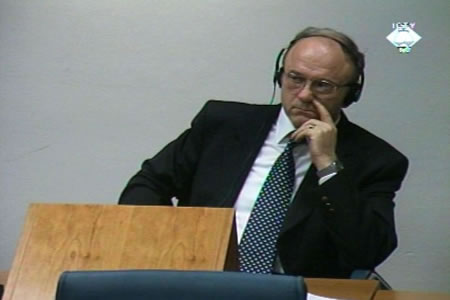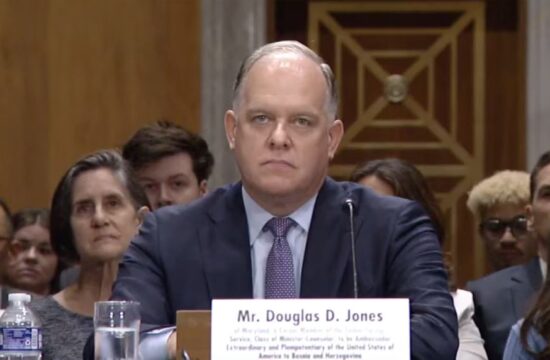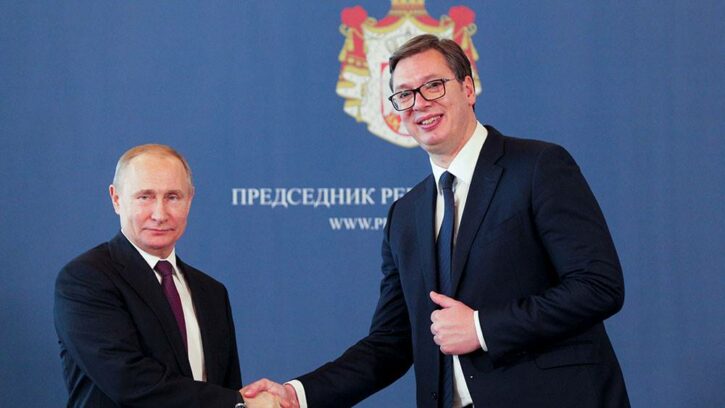
Serbia is among the Western Balkans countries with the most indulgent environment for the Russian influence, the US Defence Ministry said in its May report which Radio Free Europe (RFE) had access to.
The document added that before 2012, when Aleksandar Vucic and his Serbian Progressive Party (SNS) came to power, the bilateral military relations between Belgrade and Moscow were at a substantially lower level.
The report analysed Russia's links to Serbia, Kosovo, Bosnia and Herzegovina and North Macedonia.
“After 2012, SNS increased military cooperation with Russia,” the document said, adding it resulted in the November 2013 strategic partnership agreement.
According to the paper, Serbia is the only Western Balkans state that has signed contracts with Russia in the security area.
Serbia is also the only country which participates in joint military exercises with Russia at least twice a year since 2014, it adds, and the only state with cooperation in the intelligence area with Russia.
The report also says Russia starts showing greater interest for increased military cooperation with Serbia to confront the international isolation following the 2014 annexation of the Crimea.
“Later that year, the first joint military exercise ‘Srem 2017' was held, including over 400 airmen taking part. After that, the Army of Serbia (VS) participated for the first at the tanks’ exercise during International Military Games in Russia. The participation continued in following years,” the document noted.
It mentioned Russian military donations to Serbia as well.
“Some open sources linked the visit (to Serbia) by Nikolai Patrushev, Russian Security Council's Secretary, in October 2016 with the deportation from Serbia of two Russian spies suspected of participating in an attempted coup d ‘état in Montenegro,” the report said.
It added that “the Director of Russia's Foreign Intelligence Service (SVR) Sergey Naryshkin and Vucic agreed in the meeting in April 2018 to continue the cooperation and activities in the areas of security and intelligence services.”
The document also analyses the relations between Bosnia and Herzegovina and Russia, which, it says, are complicated by ethnic and political tensions in the country.
“There is evidence that Russia supports the separatist movement of the Bosnian Serbs led by Milorad Dodik. Russian support is motivated by a wish to prevent the country from joining NATO and the European Union,” the paper said.
The document added that Kosovo was not cooperating with Russia in security issues.
“Russia does not recognise Kosovo as a sovereign state and supports Serbia's refusal to recognise its independence. Kosovo's initiative to develop a sustainable military system and the wish to sign an action plan for NATO membership (MAP) limit Russia's interference into Kosovo's internal affairs,” the report said.
Regarding North Macedonia's defence policy, the document notes its future NATO membership leads the country primarily.
“North Macedonia's aim to join NATO has empowered its resistance to Russian interference and has avoided taking part in the activities linking it to Russia in the security area,” the US Defence Ministry report said as quoted by RFE.

